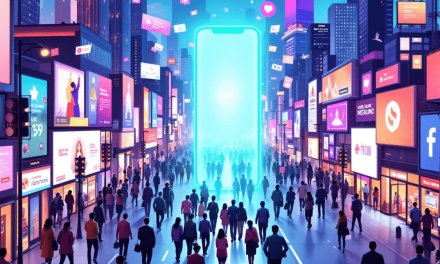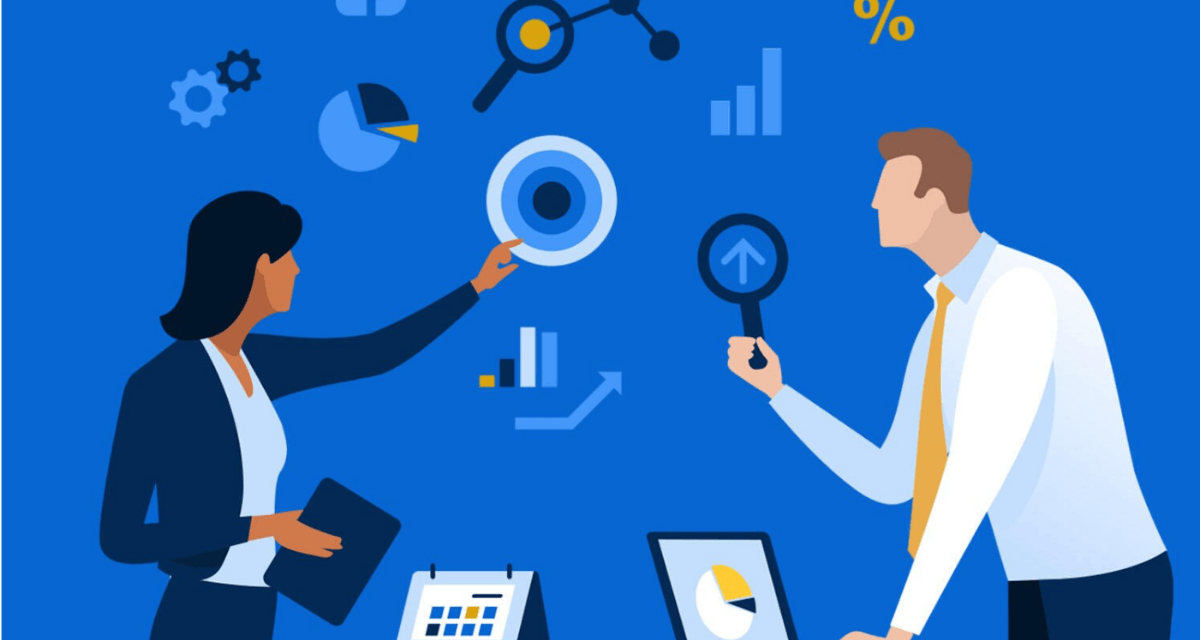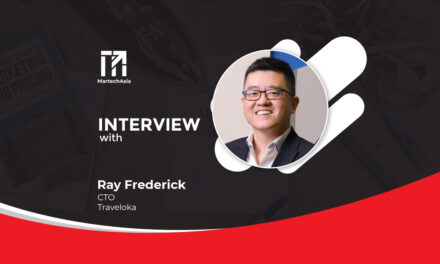The oft adhered to rules of marketing are changing, not by trends, but by tectonic shifts in consumer behaviour, technology, and societal expectations. SAS marketing thought leaders share their predictions on how brands can adapt and thrive in 2026.
The funnel is dead. Long live the fractal. Quantum marketing is coming. These are some of the fundamental shifts in marketing predicted to happen in 2026, according to SAS marketing leaders.
2026 is an opportunity for marketers to evolve from tacticians to technologists, from campaigners to community builders. AI will be central — not just in how customers engage, but in how teams operate.
SAS believes the future belongs to those who lead with integrity and build marketing ecosystems that are as dynamic as the customers they serve.
Seismic shift in marketing
We’re in the midst of a seismic shift in marketing —not in what we market, but in how we market. AI is accelerating this shift by transforming how customers search and evaluate brands and products, and it is reshaping the way we must approach our jobs. Once we talked about delivering the right message, in the right channel, at the right time but in 2026 we need to be “on message” everywhere, all the time.
Consistency and presence across every touchpoint is the new baseline. This requires a shift in both mindset and skill set. Marketers must move from campaigners to community builders, from tacticians to technologists. AI will be central—not just in how buyers make decisions, but in how we empower our teams to stay ahead. Early adopters of AI-driven marketing strategies will define the playbook for everyone else.
– Jennifer Chase, Executive Vice President & Chief Marketing Officer, SAS
The funnel is dead. Long live the fractal
The marketing funnel is dead. And every day you cling to it, you’re losing ground to competitors who’ve moved on. Customers don’t obediently slide down a funnel. They don’t move through “stages” in a straight line. They binge TikToks while half-reading reviews. They abandon carts for weeks, then return because of a friend’s offhand comment. They loop back, stall, and jump channels.
Marketers who thrive in 2026 won’t be funnel-builders they’ll be pattern recognisers. They’ll design adaptive ecosystems, not linear journeys. They’ll use fractal models powered by AI to predict when a customer is about to loop back and re-engage. They’ll use AI-driven fractal insights to spot influence points long before your funnel can. Sticking with funnels won’t just hold you back, it will kill your competitive edge. Fractals are the future.
– Mike Turner, Principal Business Advisor for Customer Intelligence, SAS
Zero-click — martech analytics becomes mission-critical
By 2026, zero-click search will dominate discovery. As engines and platforms deliver answers natively—without the need for site visits—brands will see traditional success measures like CTR and web traffic lose their value.
Martech stacks will need to evolve: analytics, attribution, and journey measurement must adapt to capture influence without clicks. The leaders will be those who treat zero-click as a data challenge, harnessing advanced analytics, AI-driven insights, and integrated martech to decode how visibility translates to engagement and outcomes. Success won’t hinge on pageviews but on the ability to prove presence, influence, and impact across fragmented, clickless environments.
– Jennifer Zuber, Customer Intelligence Product Marketing Manager, SAS
Quantum marketing is coming
In 2026, “quantum” won’t just be a buzzword — it’ll be the backbone of next-gen marketing. As agentic AI systems evolve from single-task assistants to multi-agent ecosystems capable of autonomous decision-making, the computational demands will explode. That’s where quantum computing enters the chat.
In the near term, quantum machine learning will work alongside classical systems in hybrid models — offloading the heavy lifting to quantum processors while marketers focus on strategy. But make no mistake: the brands that embrace quantum early will be the ones rewriting the rules of engagement.
– Jon Moran, Head of MarTech Solutions Marketing, SAS
The bell tolls for standalone CDP’s
Standalone CDPs are going extinct. Composability rocked the market in 2025, eliminating the need for yet another standalone source of customer data that can’t keep up with the personalisation and activation capabilities of larger enterprise customer engagement platforms.
With two-thirds of CDPs now contained in customer-facing activation systems (campaign and delivery CDP’s), the market has spoken: activation beats aggregation. In 2026, the message is clear – the bell is tolling for the standalone CDP.
– Lisa Loftis, Principal Product Marketing Manager for Customer Intelligence, SAS
AI in sell-side AdTech: Winners, losers, and the road to 2026
By 2026, AI will power every layer of sell-side AdTech — from forecasting to optimisation. But rushing in without strategy will backfire. Companies deploying AI carelessly risk compliance failures, lost trust, and shrinking revenue.
Winners will be broadcasters, retailers, and publishers using open, AI-ready infrastructure. These platforms offer control, compliance, and smart deployment — balancing automation with human oversight to protect authenticity.
Losers will bolt AI onto outdated systems, sacrificing transparency and advertiser confidence. AI won’t save weak platforms—it will expose them.
The future belongs to those who combine independent tech, regulatory rigour, and strategic AI adoption. Everyone else risks becoming a cautionary tale.
– Cornelia Reitinger, Head of Advertising Business Development, SAS


















